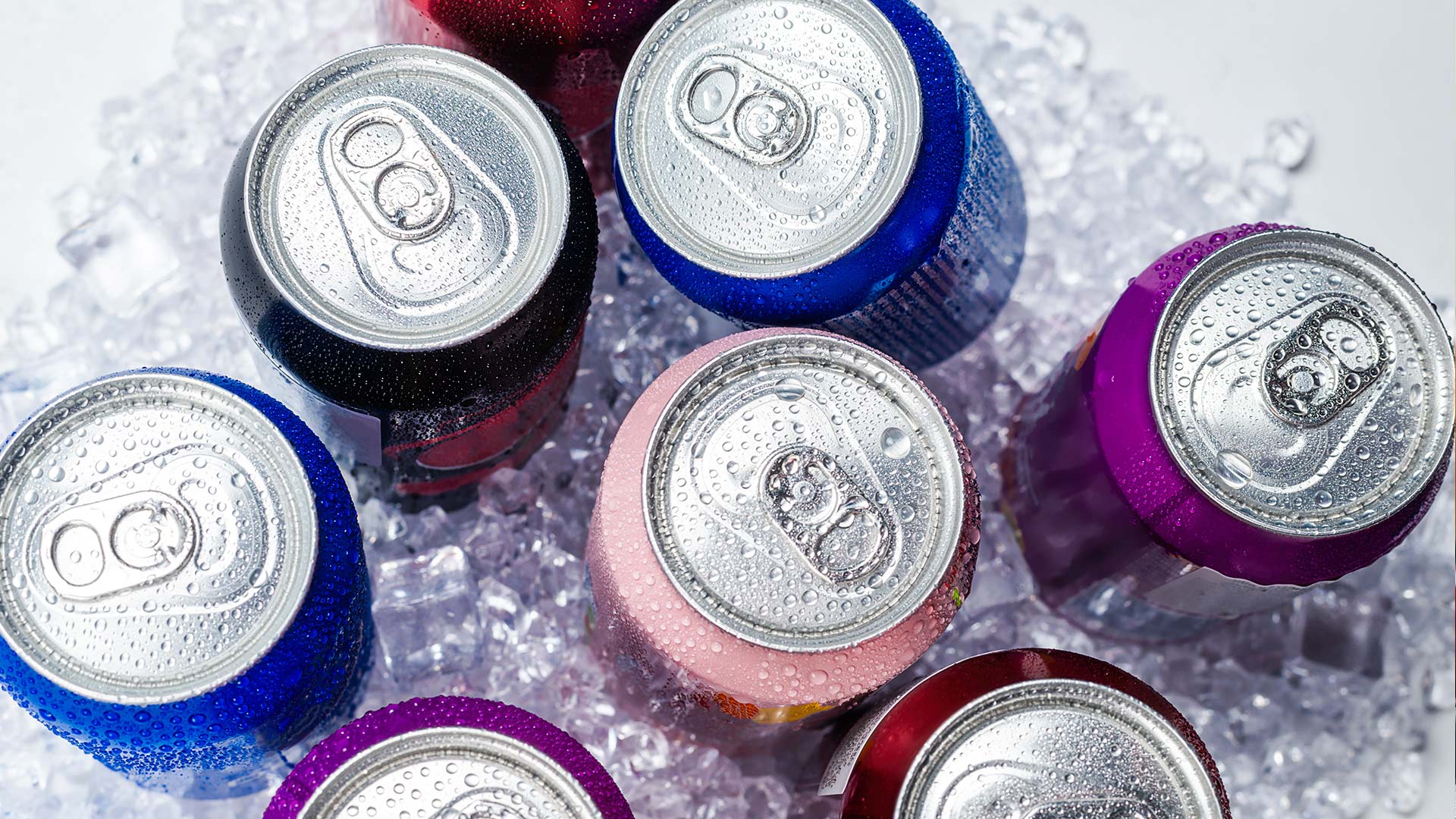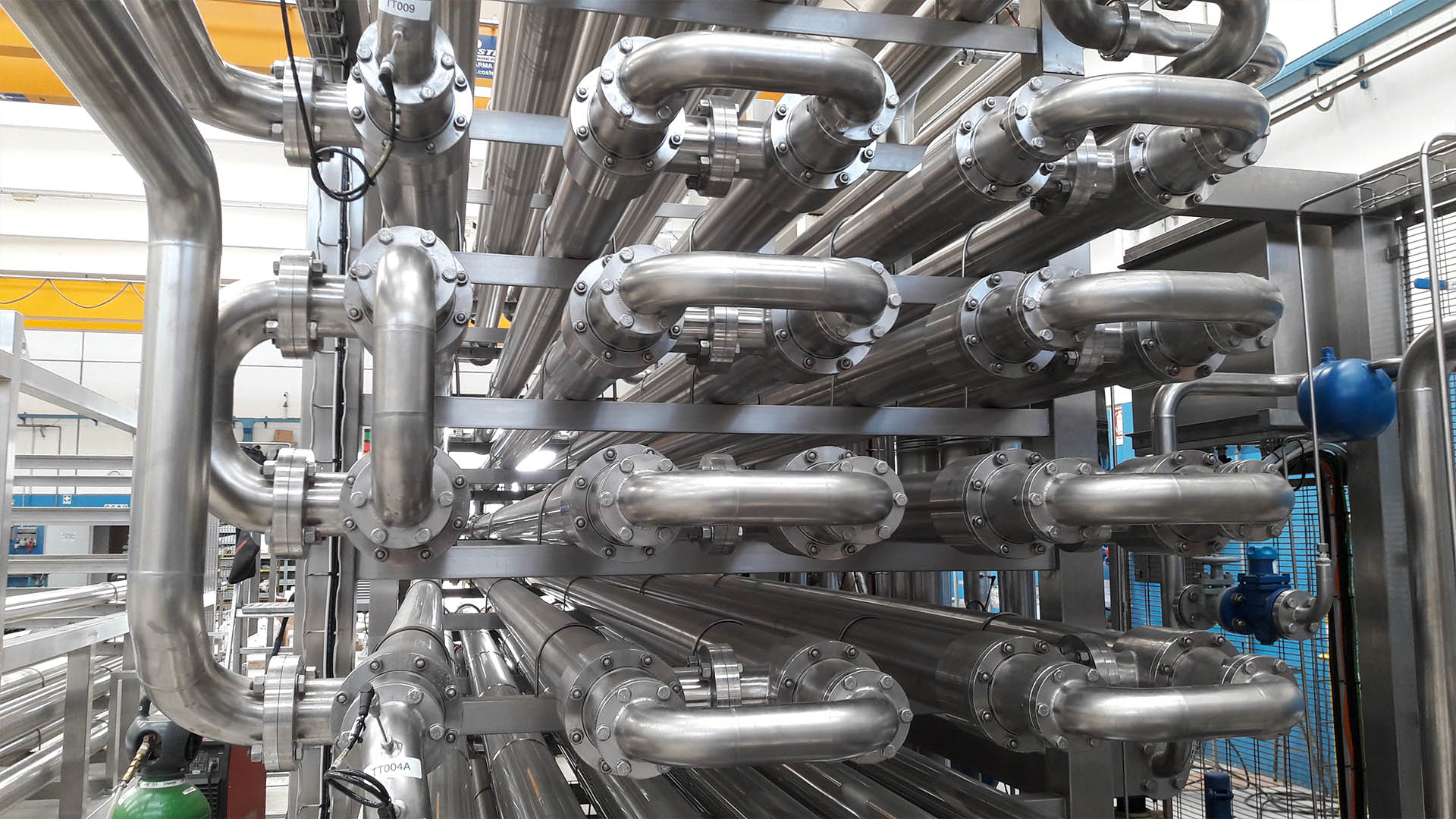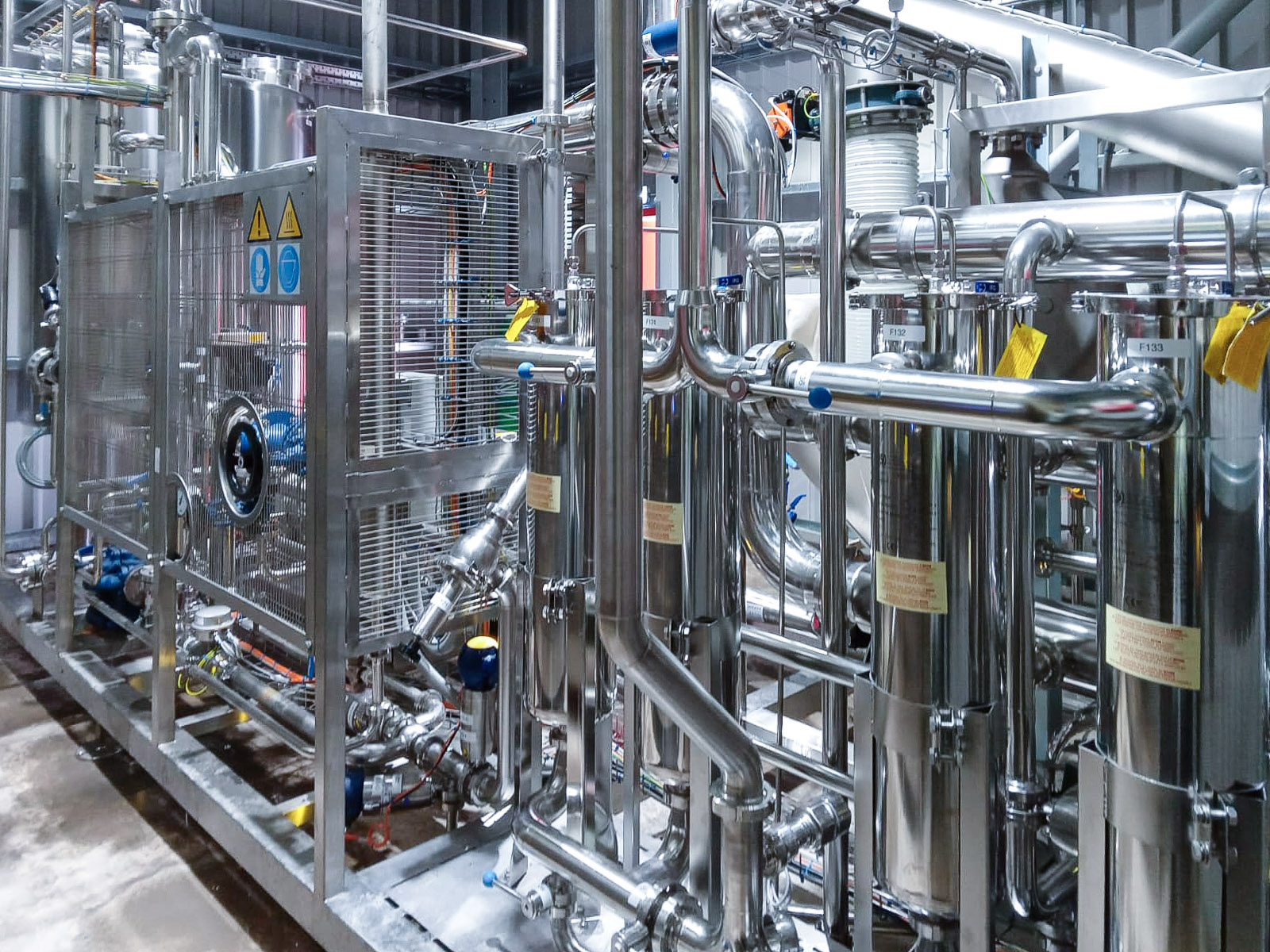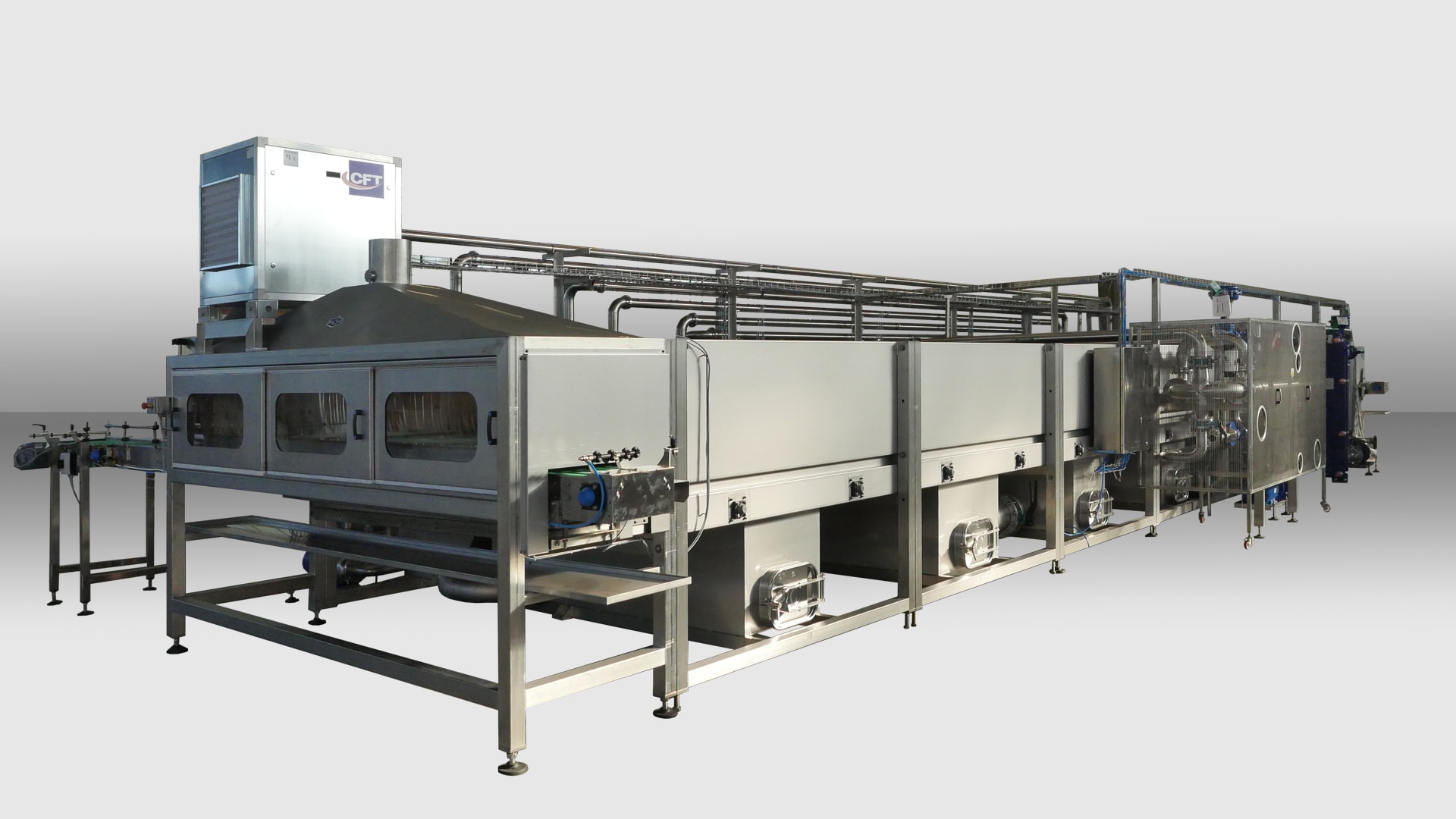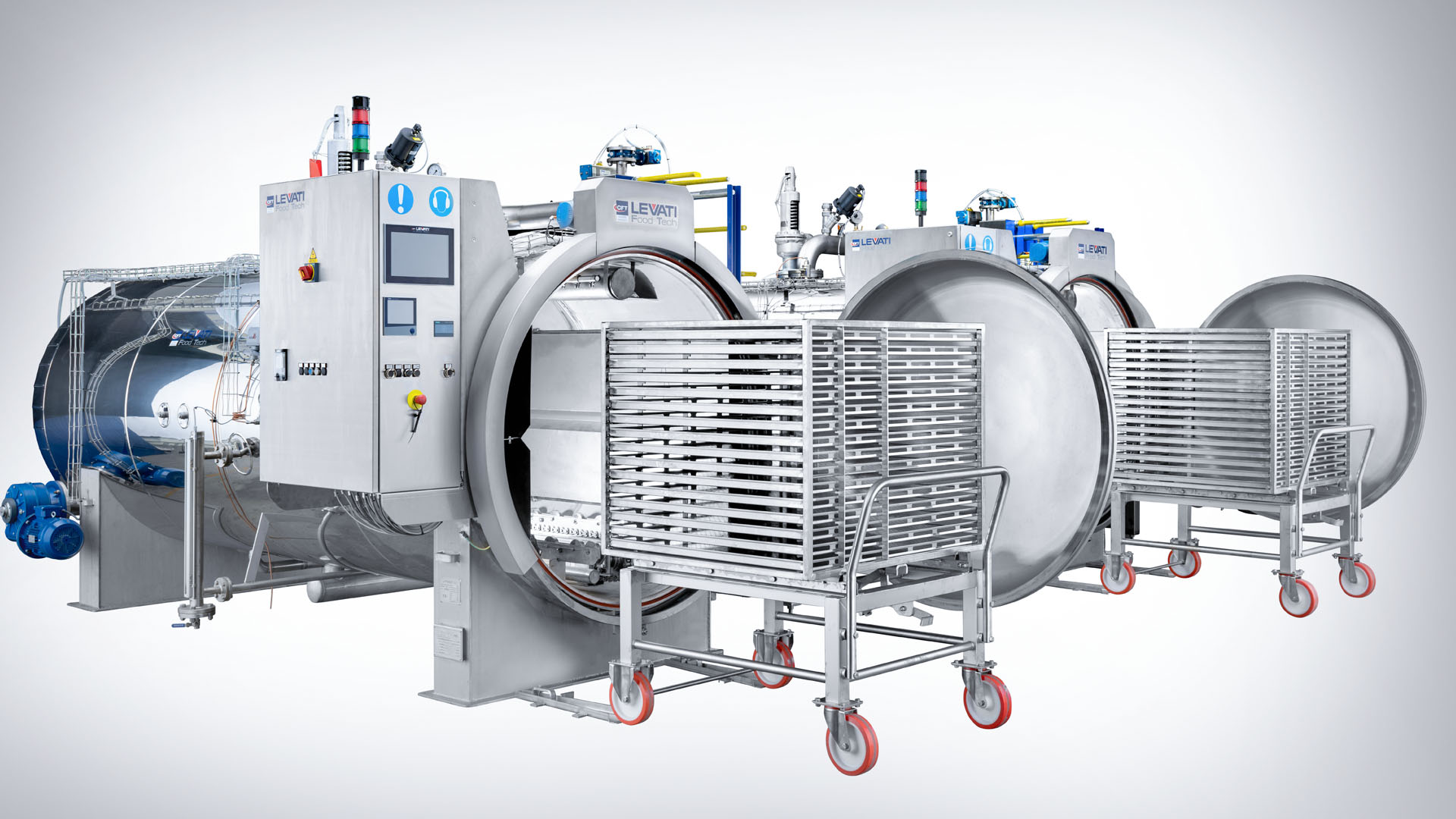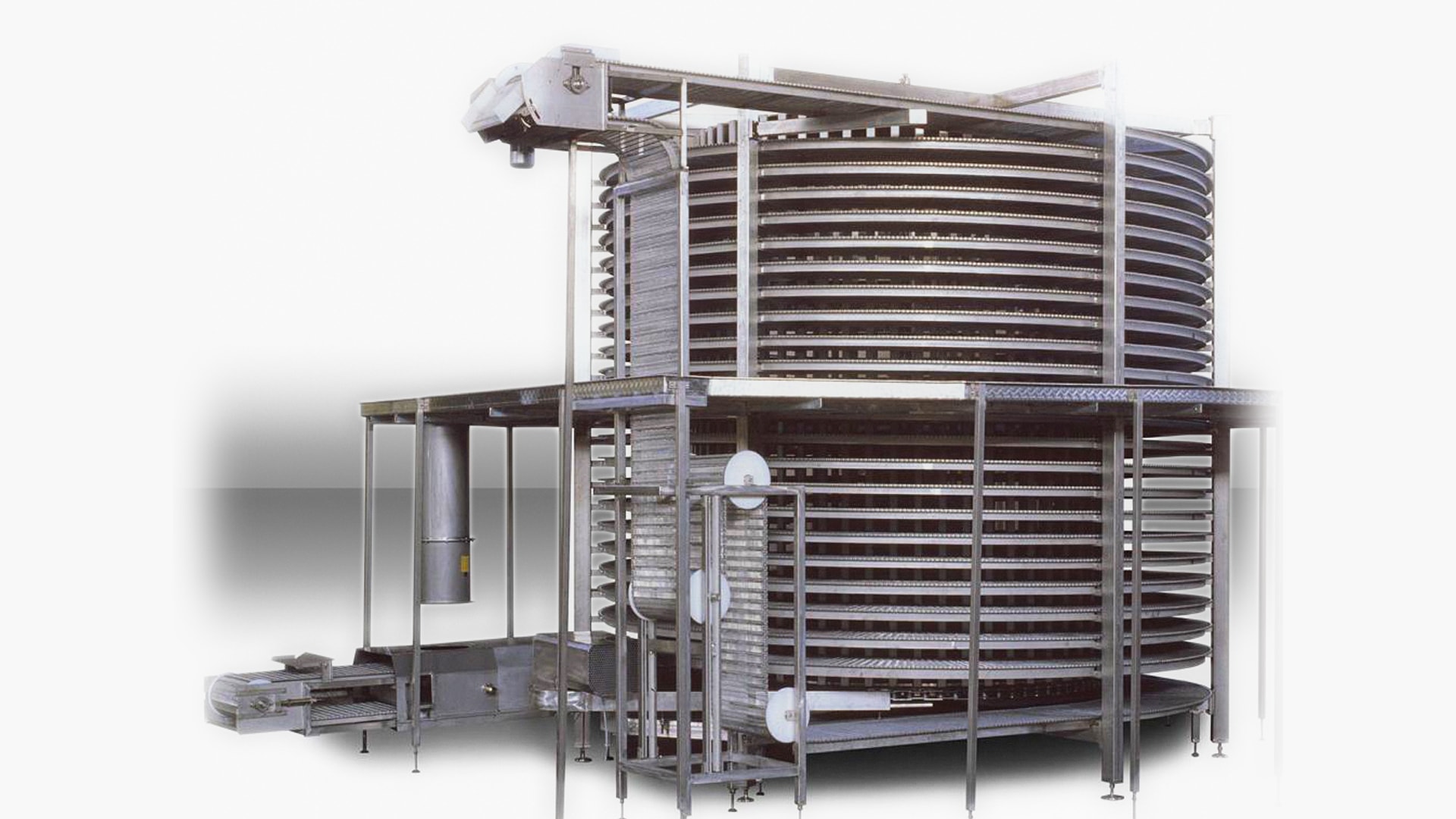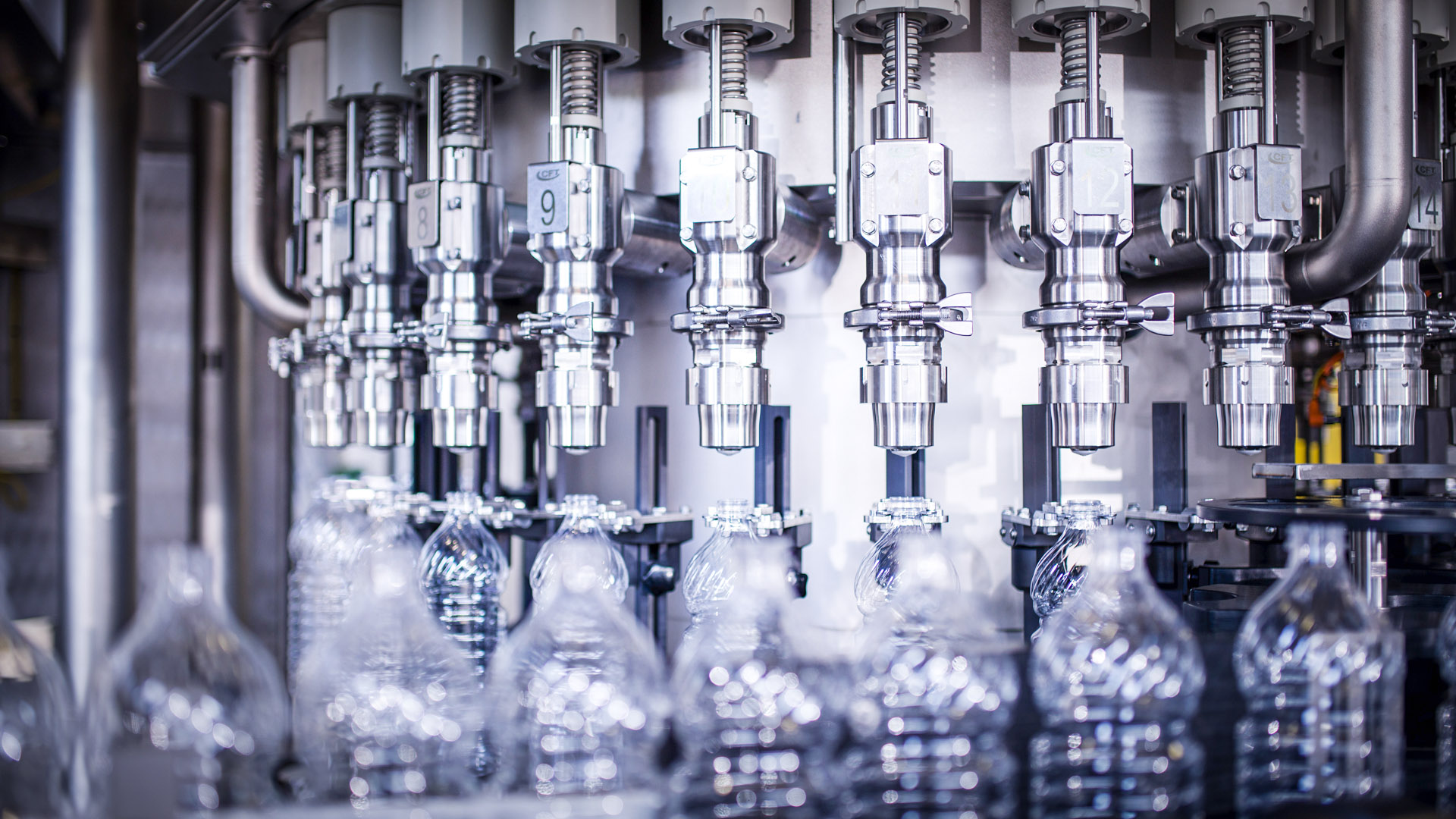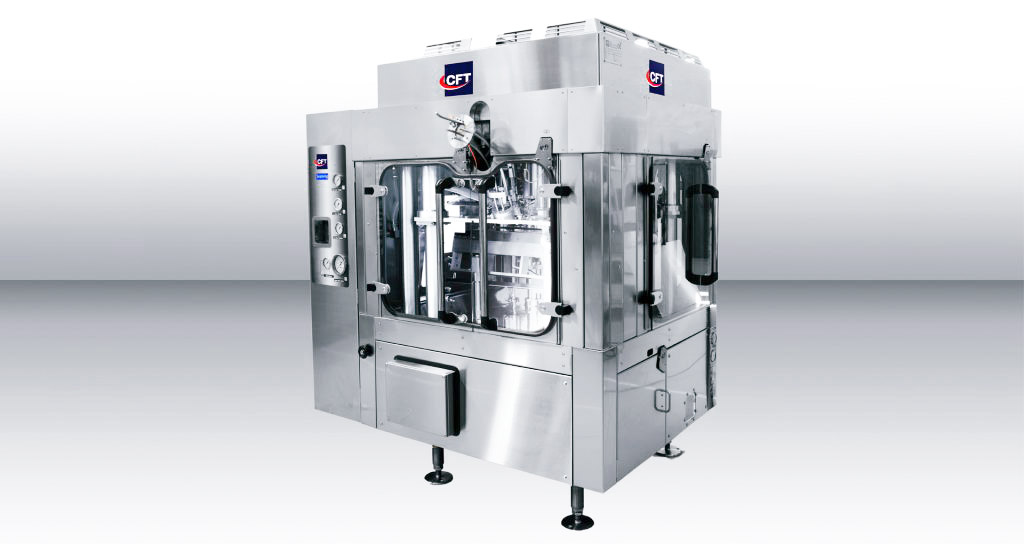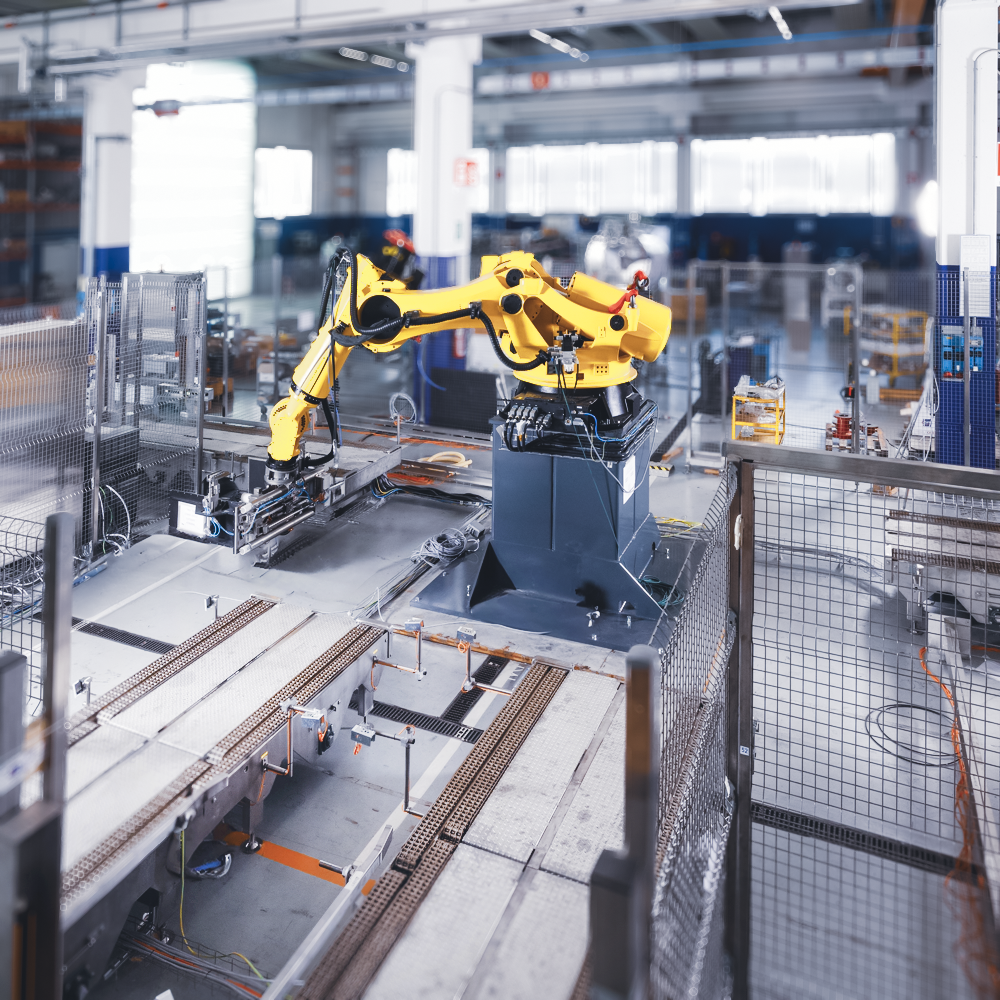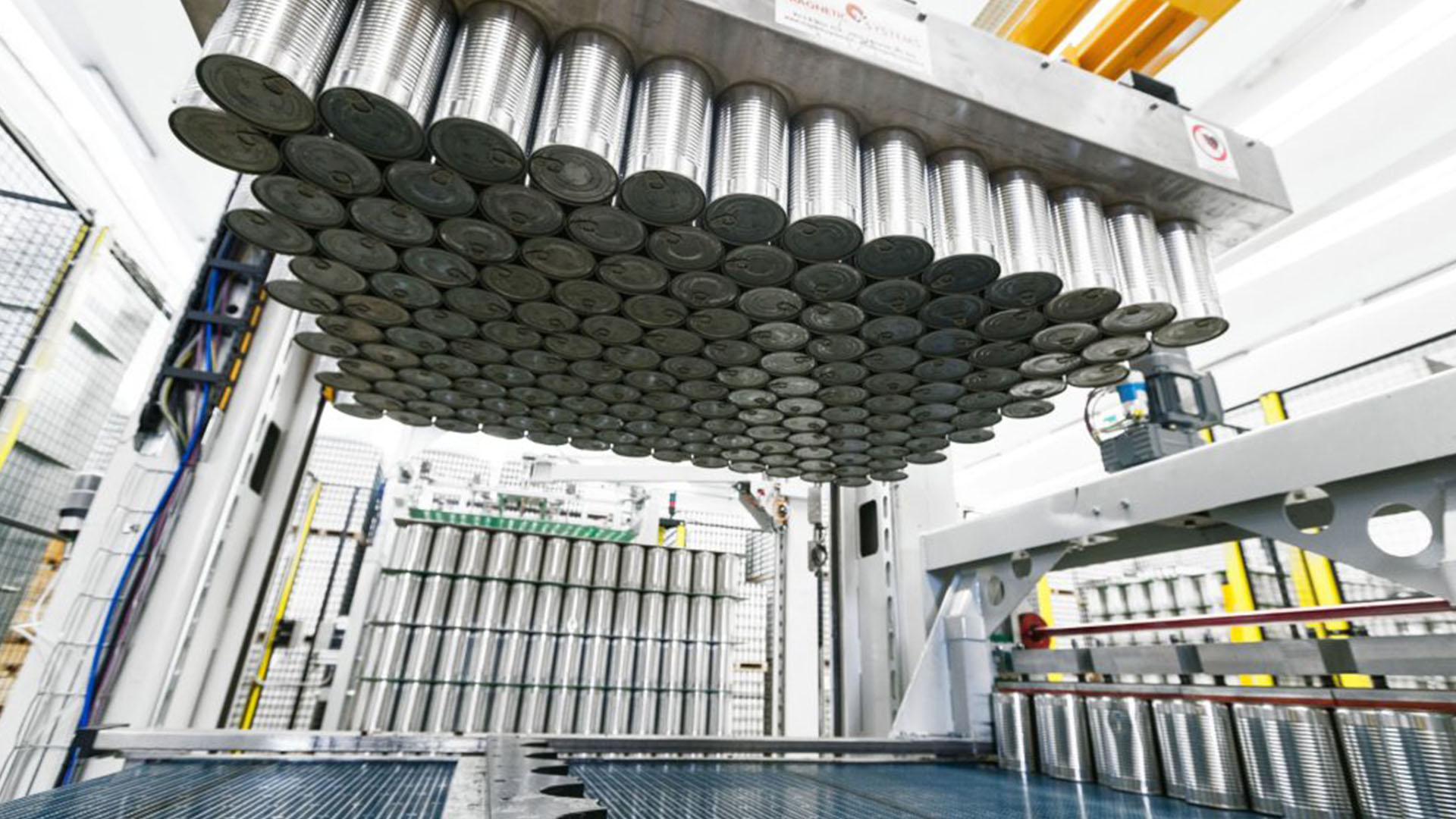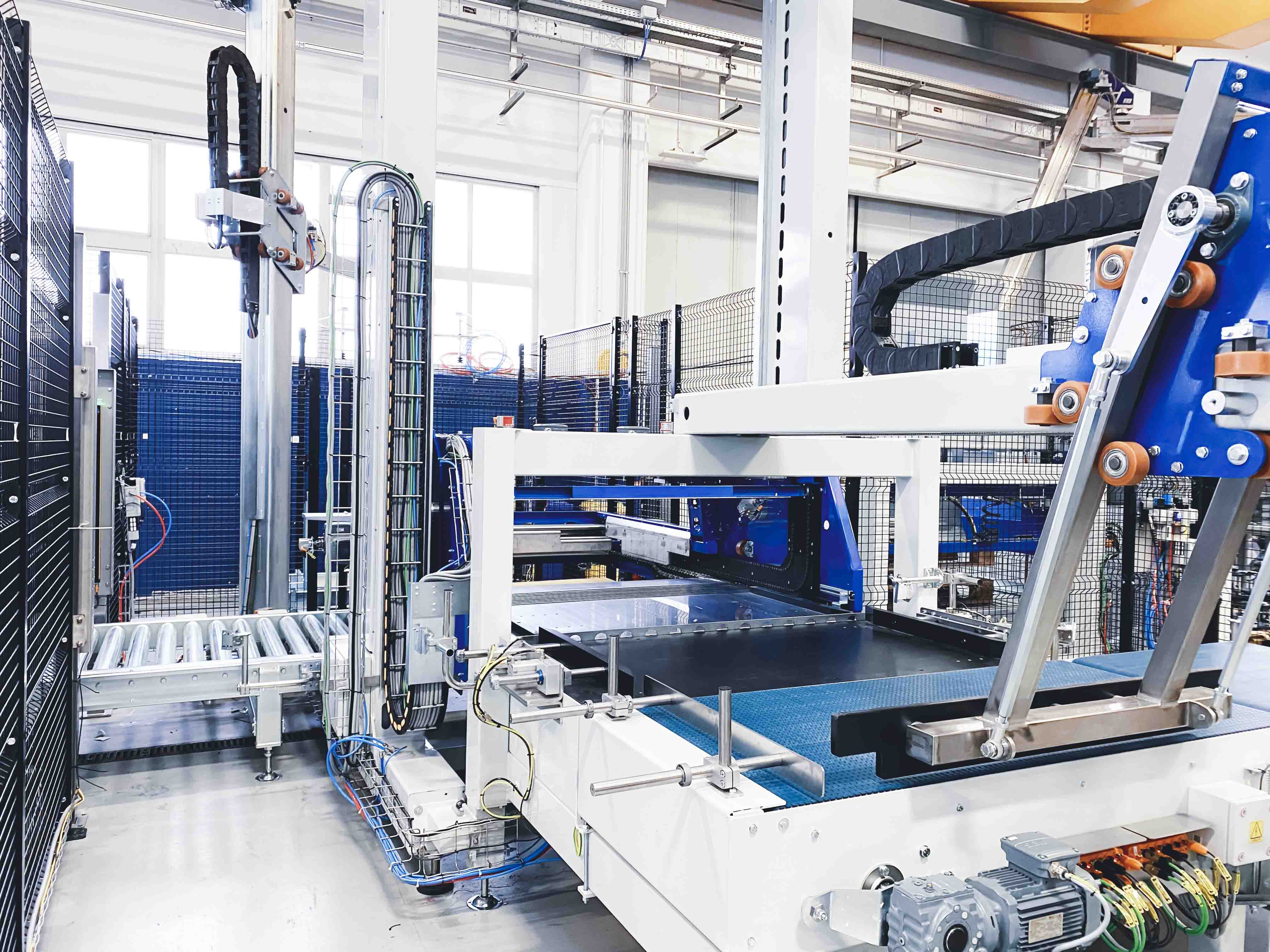As CFT Group, we can supply turn-key beer production systems starting from the raw material intake up to the finished beer for brew sizes from 10 HL up to 500 HL, as well as the appropriate filling and packaging solutions for beer in bottles, cans and kegs.
Beverage preparation & packaging
Efficiency in every drop:
our complete Beverage solutions.
Custom-made syrup rooms and highly precise fillers are part of our everyday business. We support small companies and international groups to design and install beverage preparation and beverage packaging solutions.
Benefits
Turn-key lines
Complete turn-key lines for beverage preparation and packaging, completely customized.
Integrated control system
Our HMI platforms Memento, Illuminate and FACTS can monitor machines and lines performance in a simple and intuitive way.
Hygienic design
Compliance with European and international guidelines.
Easy maintenance
Easy and cost-effective maintenance thanks to long-life wear components.
Unmatched quality
Technologies that guarantee an excellent product quality.
Filling precision
The swirl unit inside the filling valve is capable of operating perfect deflections on almost all containers on the market.
 Ingredients storage & Preparation
Ingredients storage & Preparation
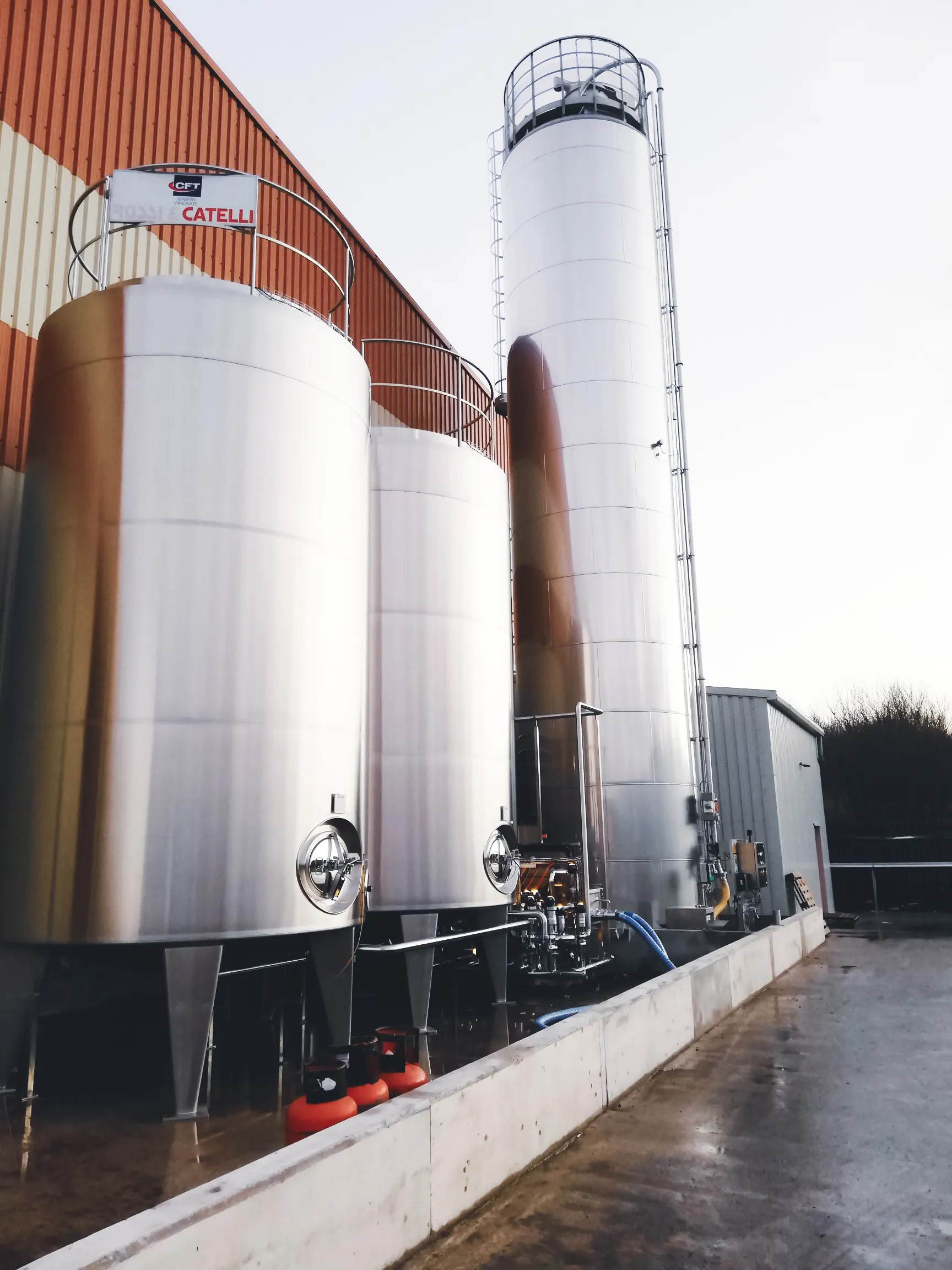 Water storage
Water storage
 Blending
Blending
 Deaeration and carbonation
Deaeration and carbonation
 Pasteurization
Pasteurization
 CIP Unit
CIP Unit




